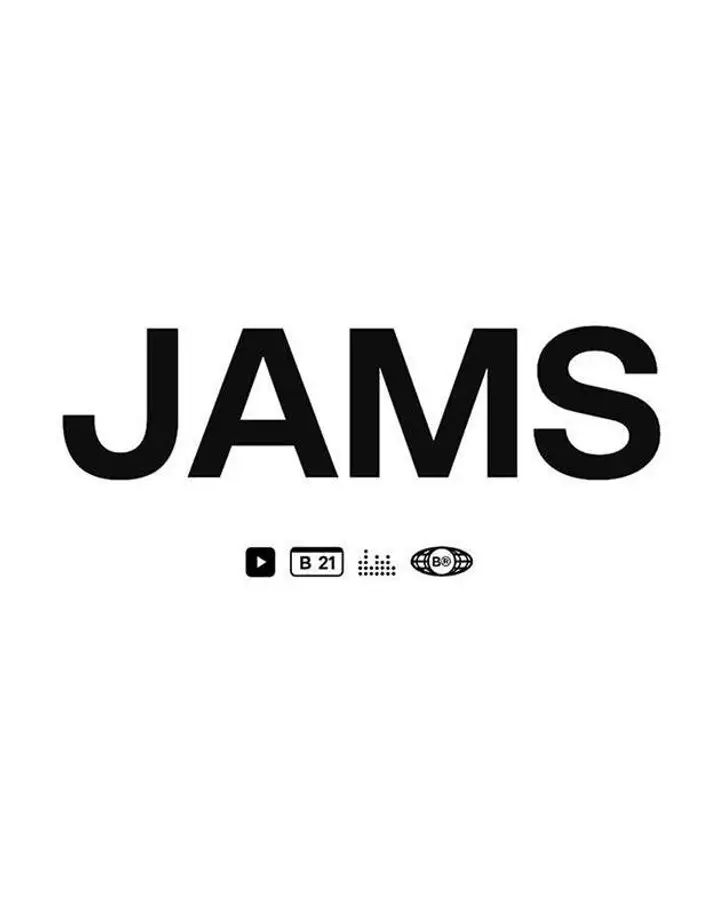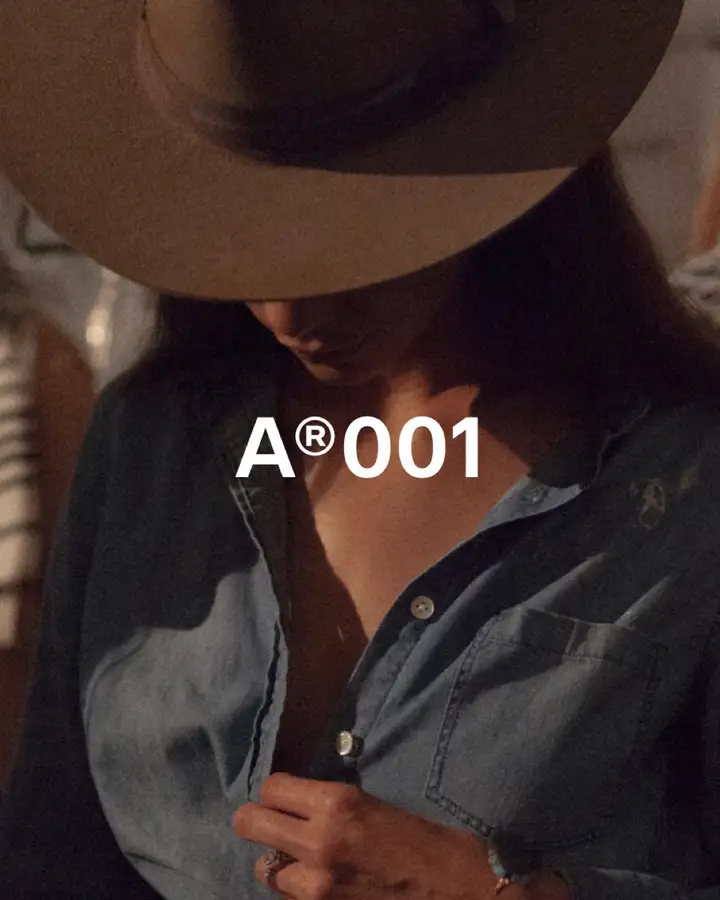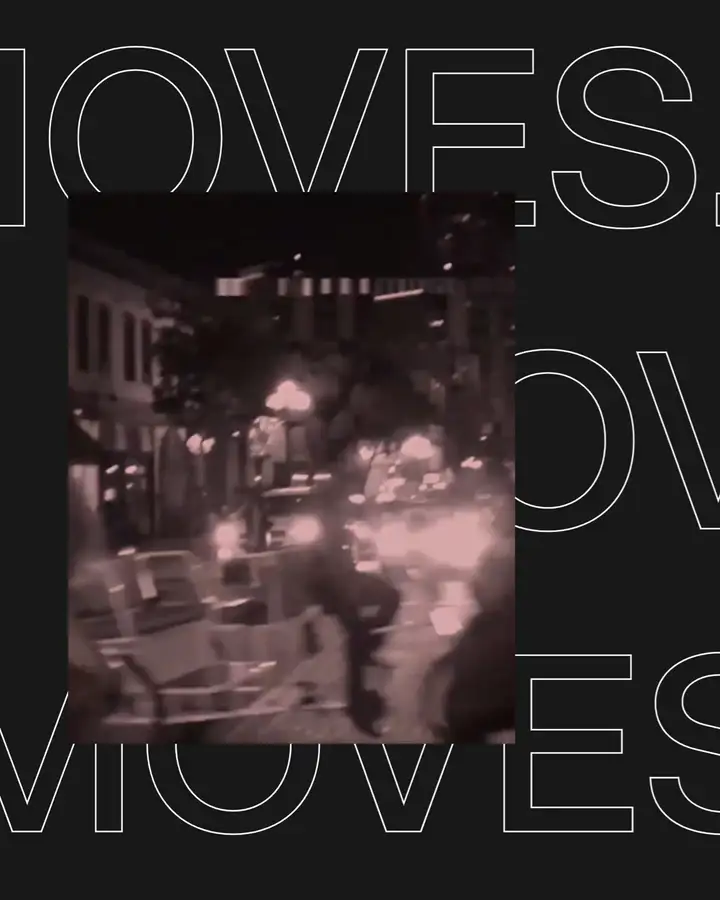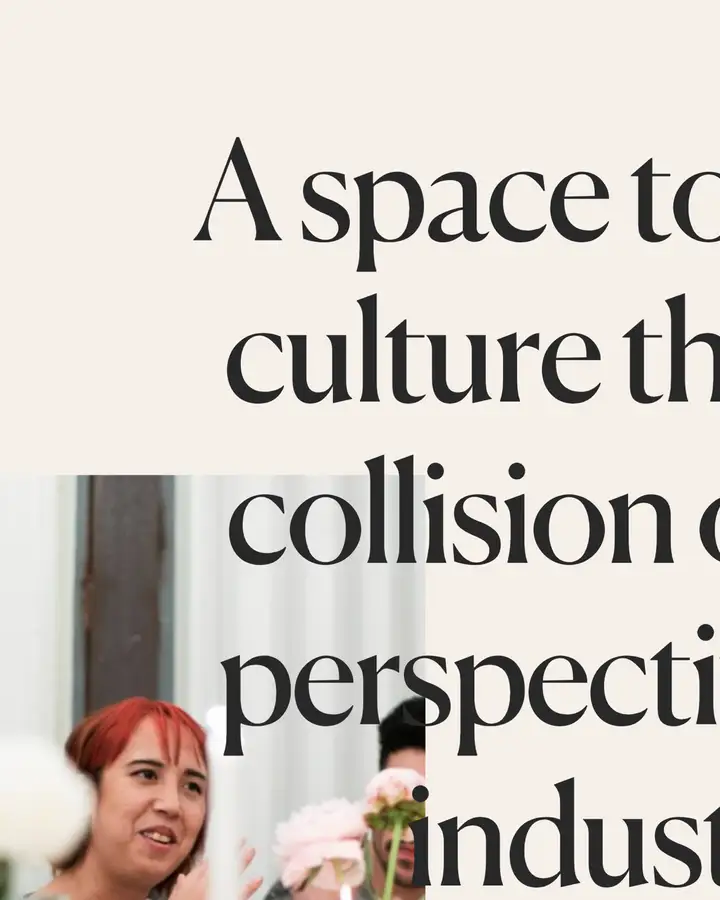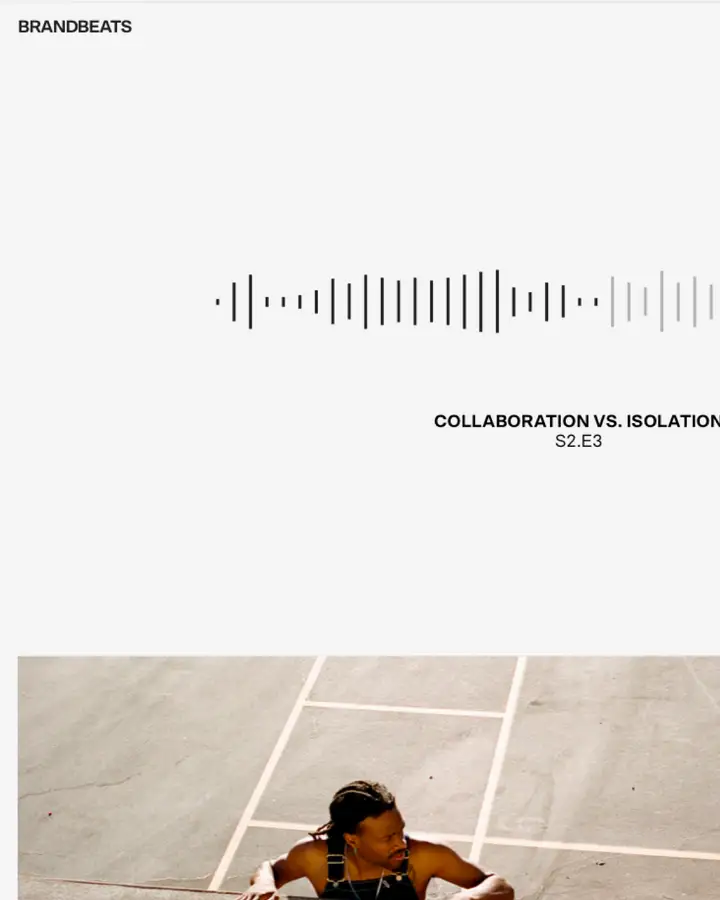IndustryVeteranRyanParkhurstJoinsBASIC®asVicePresidentofStrategyandGrowth●
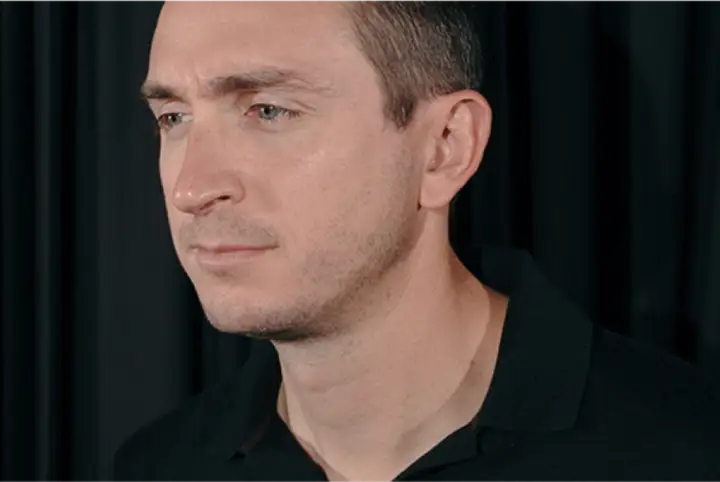
With stints at R/GA and AKQA, Ryan brings a seasoned perspective to the team.
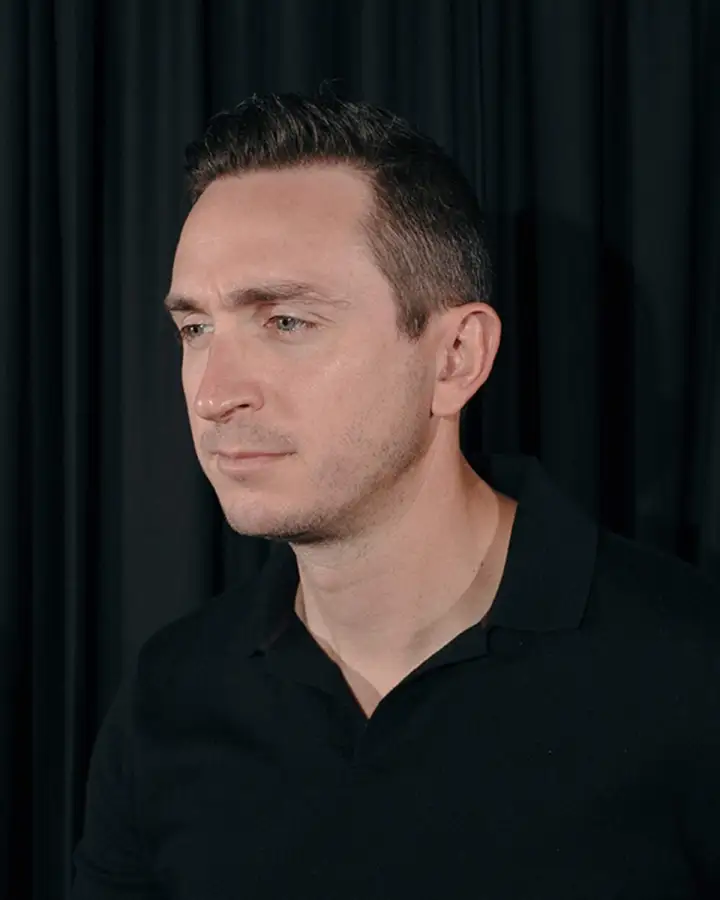
Ryan Parkhurst is the first of several key leadership hires in 2019. Bringing years of experience and strategic insight from agencies like AKQA and R/GA, we're excited to have him on board. We sat down with him in his office for a quick chat amid his packed schedule.
Q: So, let's just dive into it. Take us through your journey from AKQA to R/GA.
A: My time at both places really made up the formative experiences of my career. The one thing that was common across both experiences was the vast amount that I learned from incredible colleagues and mentors. At AKQA, I got my first exposure to leadership and being accountable for a strategy department.
For me, that was really about two things: learning how to manage and grow people who were naturally talented and defining what I thought a strategy department could and should be, which involved getting out from behind a computer and back into the world to find original insights and ultimately make decisions that give clients an advantage. My time at R/GA was a continuation of that but across multiple disciplines and on a global scale. I feel extremely grateful for my time at both agencies.
In my career, the through-line has always been improving the human condition and solving something bigger.
Q: Coming from these big-name agencies, you could've chosen any other shop in the country. Why BASIC®?
A: I think there are a couple of factors that play into it. First and foremost, there's an exodus of creative talent within advertising, design, digital, and even consulting that have flocked to larger companies and start-ups or become entrepreneurs. And organizationally, there is also a lack of flexibility and independence within the work we do in our industry. Personally, I wasn’t ready to work at a large company and was craving the ambition and culture that I felt immediately at BASIC®. Here, there’s a belief in the need for change and an optimism that our best work is always ahead of us. To me, that’s what BASIC® represents.
Through the work I saw and the conversations I had, I found that what we do well is connect—we reconnect—brands to culture. The idea of seeking tension as an opportunity to reconnect brands to culture is what makes this place unique. That, and the talent. I mean, there's just great talent here.
Q: Absolutely, and to me, some words that come to mind when thinking of BASIC®: talent, culture, grit. But another word that gets thrown around here a lot is "hustle." For example, a motto we've used, "Love the hustle." What does hustle mean to you?
A: I think it's about having the conviction to do something that you want, believe in, or see as the right way but not being precious about how you get there. And so, if you have conviction but are okay with change and chaos at times, then that, to me, is hustle.
Q: Strategy isn’t for everyone. Most people at BASIC® are creatives, by trade. Why was it for you?
A: I think the easy answer is I'm still a fairly curious person. But I'm probably curious because I'm competitive. I want to get to the right solution, so I'm constantly seeking information that gives our work an advantage.
Q: Why should people respect strategy?
A: It helps you understand why you're doing what you're doing; not just what to do. And there could be a thousand things that come to mind, but if you don't know why you're choosing what you're choosing, then your odds of hitting the right solution, whatever it may be, are fairly unlikely.
Strategy is taking a series of inputs to make decisions that create advantage for clients. Ultimately, it’s about creating advantage.
Q: 100%. You're not gonna have all the answers. It's almost like deduction or a guessing game of sorts, but obviously, you need to make an informed decision.
A: Well, what I don't want to remove from the process is the role of inspiration. It's about making what I would call obtuse decisions—fairly big decisions—and then providing people inspiration within a wide berth to come up with something truly original.
Q: So, to that point, where are the best ideas found? In a brief? Walking around at the park? Where do you think the best ideas are born?
A: Honestly, conversations with your colleagues and clients. The best thoughts I've had came from natural conversation or sometime after those conversations, usually alone on my commute. So, I guess creative inspiration isn't exclusive to discussions with colleagues. At its core, it's fostering a mutual exchange of ideas but also being open to influence and error.
Q: So, last question: how would you describe your career's purpose in three words?
A: Money, fun, and change.
If I’m honest, money comes first. I enjoy work, but I wouldn't do this for free. I’m sure I could make more money doing something else, but this work is fun if you’re doing it right. If you're having fun, it's easier to endure the hard times and you'll appreciate people more if you try to enjoy your time together. And change, because I think our work needs a higher purpose than just money and day-to-day enjoyment, and there's no lack of problems to solve. If we're not trying to change things, then we're just making shit.
Q: Well put. Thanks a lot, Ryan. Appreciate your time.
A: Awesome. Thank you, too.
